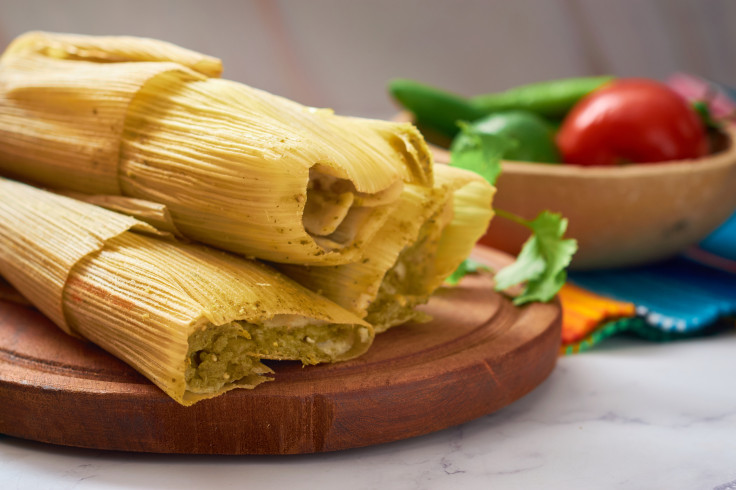
Food retailers in Mexico have agreed to maintain a price cap for 24 basic food items, including corn that is used to make tortillas.
A government official revealed on Monday that the agreement was made to curb the impact of inflation in the country.
Federal consumer attorney David Aguilar said this price stability will help maintain the "continuity of the Anti-Inflation Package and La Carestía (PACIC), in which a price of no more than 1,039 pesos was established for the basic basket," as per Google's translation of the official statement from Spanish.
"All of them (ANTAD and Walmart Group, as large food distributors) remain in the agreement, for which I must say thank you very much for continuing to support Mexican consumers," he added.
Mexico's central bank raised the key interest rate to 11.25% in March, and it has been kept the same since to lower inflation in the country.
Last week, the Bank of Mexico, also known as Banxico, said it would maintain the benchmark rate "for some time" to bring down the inflation by 3%.
Jason Tuvey, Capital Economics' deputy chief emerging markets economist, said that the "likelihood that Banxico will begin an easing cycle at the next meeting in February has diminished but, regardless of the exact timing of the first cut, the bigger picture is that interest rates are likely to come down slowly," according to Reuters.
Gabriel Yorio, deputy minister of finance and public credit of Mexico, said in October that the country could expect a 3.5% growth in its gross domestic product (GDP) this year.
As per Yorio's predictions, the government debt may land at around 47% of GDP in 2023, and it could go up to 49% the next year. He further noted that there were no signs the Mexican peso rate was creating a negative impact on the export sector.
Mexico is the second-largest economy in Latin America. The total value of Mexico's exports was $494,596 million in 2021, while its import value in the same year was $506,565 million, a World Bank report said.
Mexico exports various products, including cars, motor vehicles, their parts and accessories, computers, delivery trucks and crude petroleum. On the other hand, it exports refined petroleum, office machine parts, integrated circuits and petroleum gas from several countries, OEC reported.
© 2025 Latin Times. All rights reserved. Do not reproduce without permission.







